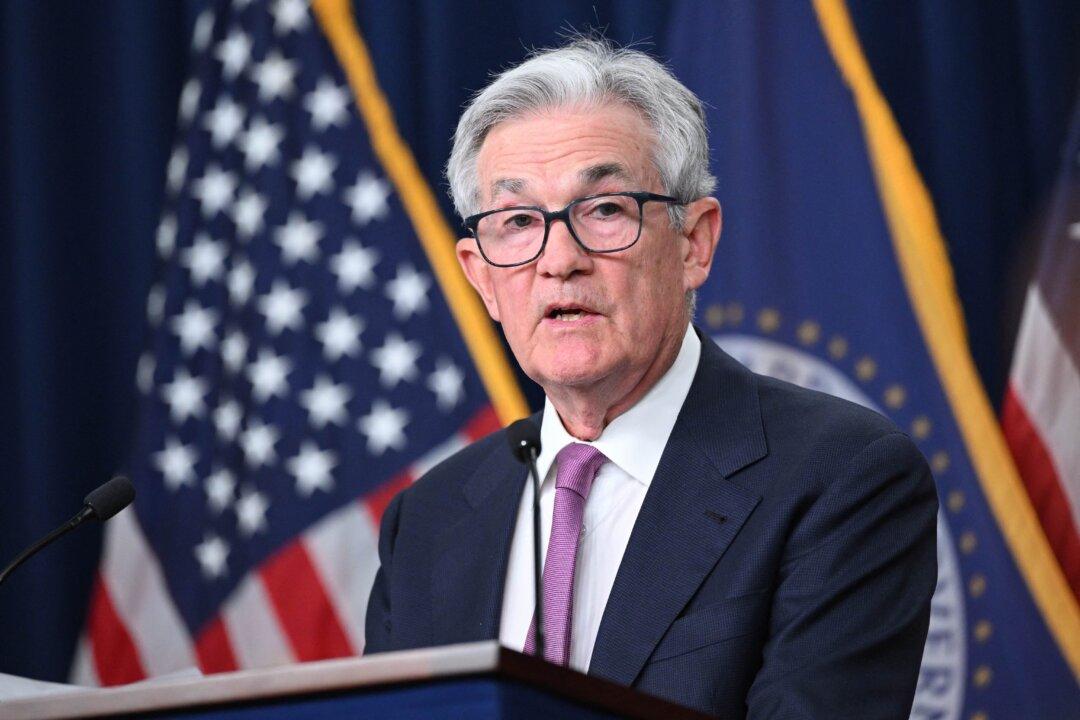Federal Reserve chairman Jerome Powell on Wednesday affirmed that more interest-rate hikes are on the way as inflation in the United States is still too high above the central bank’s target of 2 percent.
“Nearly all” participants in the policy-making Federal Open Market Committee (FOMC) “expect that it will be appropriate to raise interest rates somewhat further by the end of the year,” Powell said during his semiannual monetary policy report to the House Financial Services Committee.





